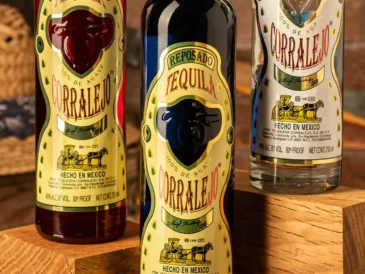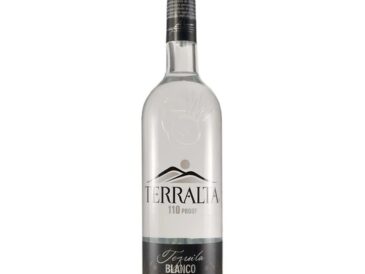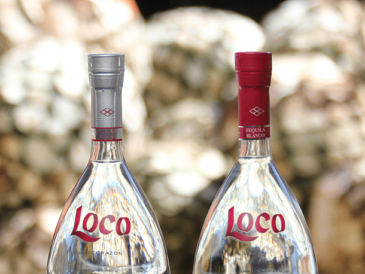Tequila: A Healthier Choice Among Alcoholic Beverages?
When it comes to alcohol and health, moderation is always key. However, amid the myriad of alcoholic beverages available, you may wonder if some are healthier than others. Tequila, made from the blue agave plant and a staple in Mexican cuisine, often comes up in such discussions. But is tequila truly a healthier alcohol? Let’s look into this.
The Nutritional Profile of Tequila
The primary component of tequila is agavins, a type of natural sugar found in the agave plant. Unlike other sugars, agavins are non-digestible, so they don’t raise blood sugar levels. This characteristic has led to the claim that tequila might be a better option for individuals with diabetes or those following a low-sugar diet.
Moreover, tequila is typically lower in calories compared to other alcoholic beverages. For example, a standard shot (1.5 ounces) of tequila contains about 97 calories, while the same amount of vodka, rum, or whiskey often contains over 100 calories. However, the difference could be bigger and less significantly impact your overall calorie intake.
Potential Health Benefits of Tequila
Several studies have suggested potential health benefits linked to the components found in tequila.
- Prebiotic and Probiotic Effects: Agavins, the primary sugars in tequila, have been found to serve as prebiotics, promoting the growth of beneficial bacteria in the gut. Furthermore, the fermentation process in tequila production may also lead to the presence of probiotics, beneficial bacteria that support gut health.
- Bone Health: A study by the Center for Research and Advanced Studies in Mexico found that substances within the blue agave plant could enhance the absorption of calcium and magnesium, two minerals vital for bone health.
- Weight Control: Some research indicates that the agavins in tequila could help people feel fuller and thus eat less. However, more research is needed to confirm this effect.
While these potential benefits are intriguing, it’s essential to remember that they are based on the properties of the blue agave plant and agavins, not tequila itself. The distillation process that tequila undergoes can alter these properties, and drinking tequila does not guarantee these benefits.
The Health Risks of Tequila
While there are potential health benefits to tequila, it’s crucial not to overlook the health risks associated with alcohol consumption. Regular or heavy drinking can lead to various health problems, including liver disease, cardiovascular disease, neurological damage, and an increased risk of various types of cancer.
Moreover, while tequila may contain less sugar and fewer calories than some other spirits, mixers often used in tequila-based cocktails, like margarita mix, are typically high in sugar and calories. These additional ingredients can negate any potential health benefits of choosing tequila.
In Conclusion
So, is tequila a healthier alcohol? It does have a unique nutritional profile and potential health benefits due to its primary component, agavins. However, these potential benefits are largely theoretical and need further research.
It’s crucial to remember that the negative effects of excessive alcohol consumption can quickly overshadow any potential health benefits of tequila. Therefore, regardless of the type of alcohol you choose, moderation is key. Always adhere to the recommended guidelines for alcohol consumption and drink responsibly.
Lastly, if you have specific health conditions, particularly liver disease or diabetes, or are pregnant, it’s essential to consult a healthcare provider before consuming alcohol. Cheers to a balanced and informed approach to enjoying your favorite spirits!




